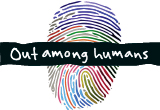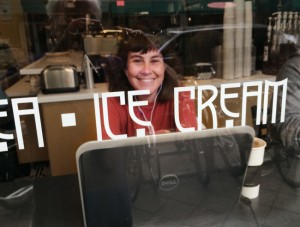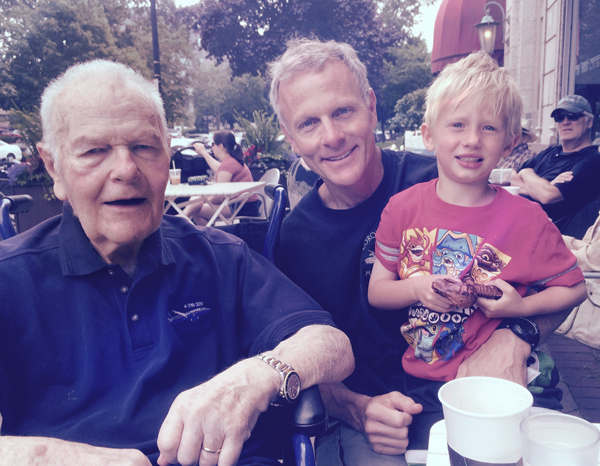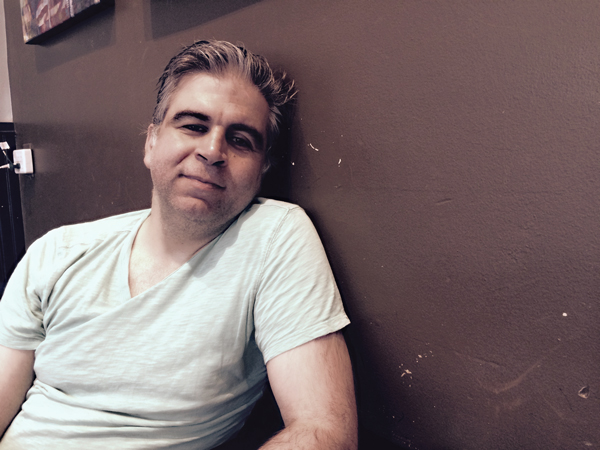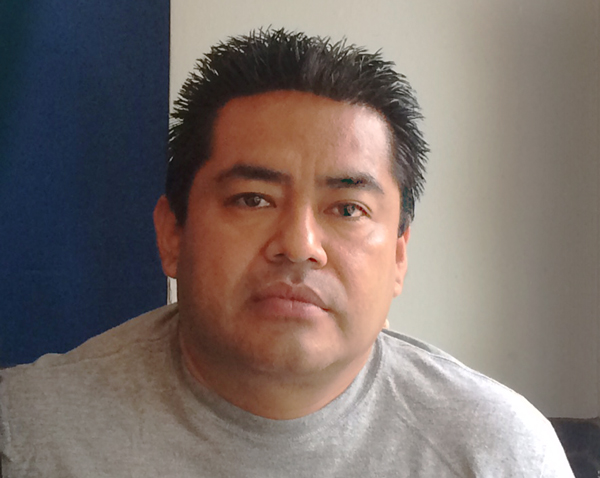Debi Lewis
The specter that has haunted us humans since the beginning, the dread of losing a child to illness, is mostly unknown to Americans today.
Except when it isn’t.
At our “office” (twelve stools in the window of our coffee shop where they let us sit and work), my friend and colleague Debi Lewis has been chronicling how a family with a member suffering from a disorder of the esophagus and the stomach, experiences day-to-day life.
Writing from a mother’s point of view, Debi’s narrative is primal. She allows us to accompany her from first consultations through testing and procedures all the way to the how-come room. Some examples:
“…Sammi had ten endoscopies. Each time, she fasted from dinner the night before until after her morning procedure. Each time, they held a gas mask over her face in the operating room until she fell asleep, and then, after escorting me out of the room, they inserted an IV with heavier anesthesia and fluids, took a blood sample, inserted a mouthpiece and fed a camera down into her esophagus.”
“…We believed in the power of information sharing among professionals, which was a mistake.”
“…He returned a moment later with a small paper cup filled with something that looked like marshmallow fluff. “It’s sweet, honey,” he said to Sammi. “I want you to swallow just one spoonful of it, and we’re going to see how fast it goes down.”
You can google “Swallow, My Sunshine” or you can use the link in the comment below. Debi’s work is beautiful. I keep it on my bookmarks toolbar.
